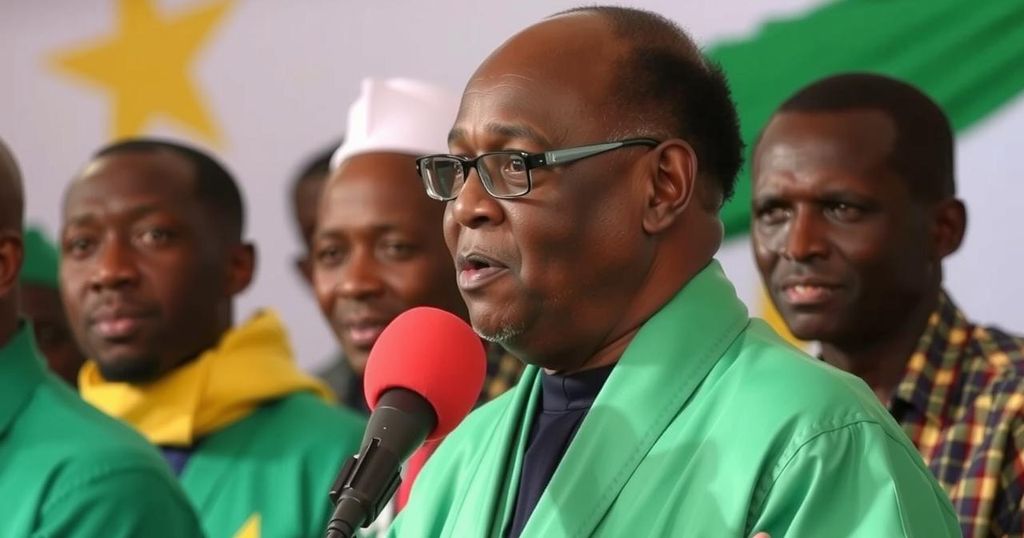World news
AFRICA, AHMED BARTCHIRET, AP, BOKO HARAM, CHAD, CONSTITUTIONAL REFORMS, DEBY, DEMOCRACY, DJAMENA, ELECTIONS, ELECTORAL COMMISSION, EUROPE, FRANCE, GOVERNANCE, GOVERNMENT, LAKE CHAD, MAHA, MAHAMAT IDRISS DEBY, OPPOSITION, PATRIOTIC SALVATION MOVEMENT, SUCCES MASRA, TRANSFORMERS
Oliver Grayson
0 Comments
Chad’s Ruling Party Secures Majority in Boycotted Parliamentary Election
Chad’s ruling party, the Patriotic Salvation Movement, secured 124 of 188 parliamentary seats in last month’s elections, which were boycotted by main opposition parties, including the Transformers party. This was the first parliamentary election in over a decade, marking a crucial step in President Mahamat Idriss Deby’s consolidation of power following his military takeover in 2021. The opposition criticized the elections as illegitimate and expressed concerns citing previous electoral disputes.
Chad’s ruling Patriotic Salvation Movement (PSM) party has emerged victorious in the parliamentary elections held last month, with provisional results indicating that it won 124 out of 188 available seats. This election, marked by a 51.5% voter turnout, was notably boycotted by the main opposition parties, including the prominent Transformers party, which characterized the electoral process as a “charade.” The conclusions drawn from the electoral outcomes suggest a consolidation of political power under President Mahamat Idriss Deby, who assumed leadership following the death of his father, longtime President Idriss Deby Itno, in 2021.
The parliamentary elections were the first conducted in more than a decade in Chad, representing a critical phase in the nation’s transition to democracy. President Deby positioned the elections as a significant step towards decentralization, which he stated would allow better distribution of power across provincial and municipal levels. Noting the election’s significance, the president called it a long-desired change for the Chadian populace. Despite these proclamations, the opposition had significant reservations regarding the credibility of the electoral process, specifically referencing concerns from the previous presidential election whose results were largely disputed.
In addition to parliamentary votes, the elections included regional and municipal contests. The boycott by over ten opposition parties underscored the discontent surrounding the electoral process. Key challenges facing Chad remain evident as the country grapples with security threats from Boko Haram and issues resulting from a rupture in military relations with France, which has historically been Chad’s main ally in combating such insurgencies.
The parliamentary elections in Chad follow a prolonged period of political instability and transition. After the death of Idriss Deby Itno, who ruled for three decades, his son, Mahamat Idriss Deby, took control and established a transitional military regime. The electoral events thus hold significant implications, shaping Chad’s political landscape amidst numerous security challenges. The opposition’s boycott reflects ongoing tensions and distrust in the electoral process, which they argue lacks legitimacy, casting a shadow over the administration’s claims of fostering democracy and political decentralization.
In conclusion, the recent parliamentary elections in Chad, which were boycotted by the main opposition parties, have resulted in a significant victory for the ruling Patriotic Salvation Movement party. The elections signify a pivotal moment in the country’s political transition, albeit amidst claims of electoral illegitimacy from the opposition. With ongoing security challenges confronting Chad, the implications of these elections may have far-reaching effects on both governance and stability in the region.
Original Source: abcnews.go.com




Post Comment